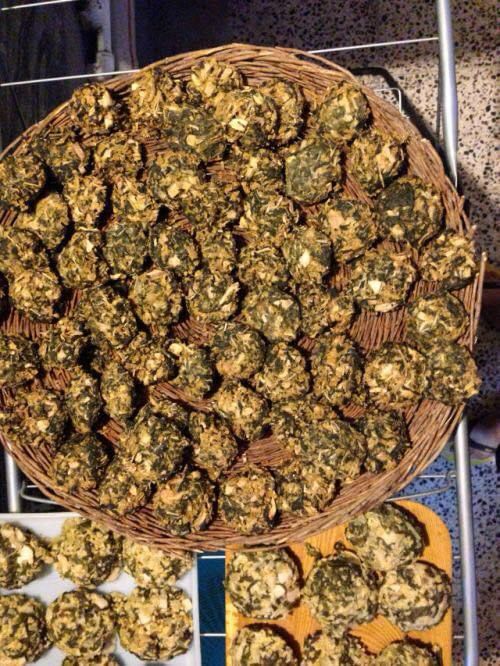As winter approaches, the kitchens of Kurdish homes come alive with the rich aroma of tarkhineh, a dish steeped in history and tradition. Known by various names such as shalamein or shalam, this hearty blend of grains and legumes has become a beloved staple during the colder months.
In Kurdish culture, tarkhineh is often referred to as “cheshti shalam,” while southern dialects may call it “cheshti doyneh.” This variety in names reflects the dish’s regional differences and its wide appeal across communities.
A seasonal tradition
The journey of tarkhineh begins in the summer, showcasing the art of Kurdish culinary preservation. Grains such as wheat, chickpeas, lentils, and barley grass are ground into a paste called terasas, which is then sun-dried for storage. This preparation allows families to enjoy the dish long after the harvest season.
When winter arrives, the dried tarkhineh is transformed into a comforting soup. A typical recipe includes a blend of tarkhineh, water, animal bones for flavor, and a mix of vegetables like tomatoes, beets, and carrots, along with legumes such as red beans and chickpeas. Optional ingredients like squash, raisins, and nuts can add an extra layer of richness.
The cooking process is simple yet requires attention. Legumes are boiled separately, and bones are browned to enhance the flavor before all the ingredients are combined and simmered together.
More than just a meal
Tarkhineh is more than sustenance; it’s a cultural symbol that brings families and communities together. The preparation of this dish often becomes a communal effort, fostering bonds and traditions. While it remains a cherished comfort food, its long shelf life historically made it vital for food security in Kurdish households.
As winter sets in, the comforting scent of tarkhineh will once again fill Kurdish homes, offering not just a hearty meal but also a connection to the past. In an age dominated by fast food and quick fixes, tarkhineh stands as a delicious reminder of the rich culinary heritage of the Kurdish people, celebrating the values of patience and preparation.

